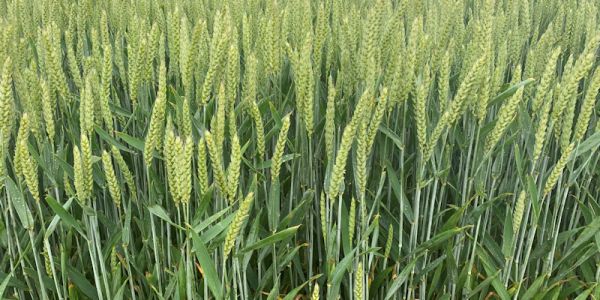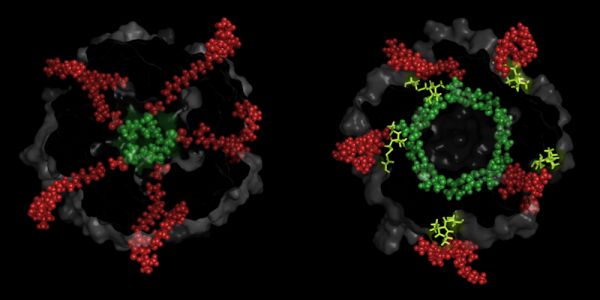
Vitamin D dials down the aggression in melanoma cells
Vitamin D influences the behaviour of melanoma cells in the lab by making them less aggressive, scientists have found.

Vitamin D influences the behaviour of melanoma cells in the lab by making them less aggressive, scientists have found.

Leeds scientists and clinicians have been awarded a major cash boost from Cancer Research UK to pioneer new radiotherapy technologies that could help more people in Yorkshire survive cancer.

Hospital screening tests are failing to identify the true extent of microbial resistance, according to new research.

The White Rose universities of Leeds, Sheffield and York have received renewed Government funding for 150 PhD researchers in the biological sciences.

The National Measurement Laboratory is to establish a hub at Nexus, the University’s innovation hub, and has signed a new strategic partnership agreement.

Introducing fungi to wheat boosted their uptake of key nutrients and could lead to new, ‘climate smart’ varieties of crops, according to a new study.

Scientists have developed a new technique to trick bacteria into revealing hundreds of holes in their cell walls, opening the door for drugs that destroy bacteria’s cells.

A prestigious fellowship will support five University of Leeds researchers addressing global challenges.

A new report reveals the relationships between transport and property value across the North of England.

Astronomers have discovered a rare molecule in the dust and gas disc around a young star – and it may provide an answer to one of the conundrums facing astronomers.